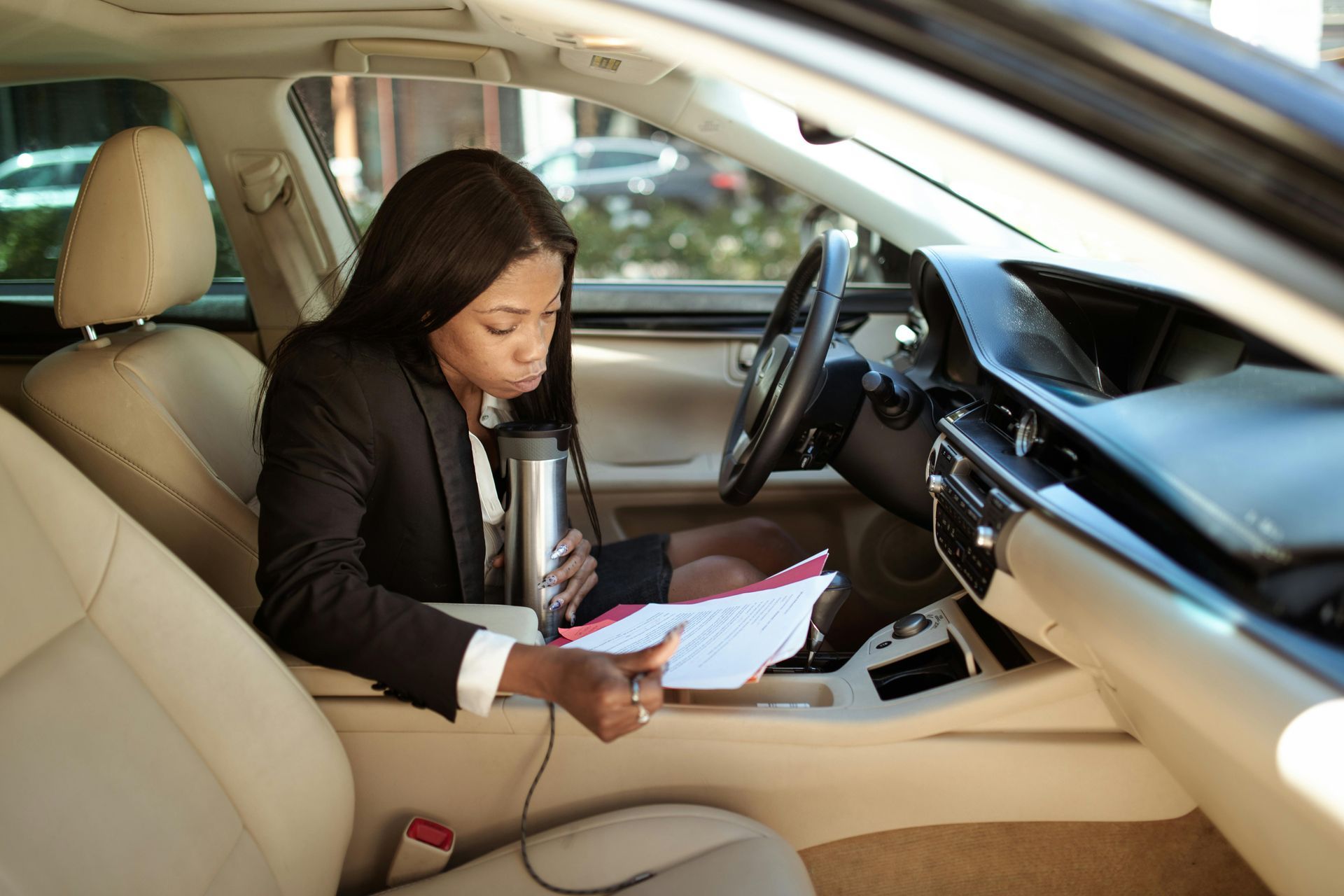How to Ship a Leased Car: Everything You Need to Know
October 16, 2023
Reliable transportation is a necessity for many aspects of daily life, from commuting to work and dropping the kids off at school to weekend getaways and grocery shopping. The convenience and independence that come with car ownership are highly valued.
However, the reality is that not everyone can afford the steep price tag that often accompanies a new car purchase in the United States, where the average cost hovers above $30,000. To address this financial hurdle, more individuals are turning to leasing and financing options.
Leasing or financing a car can provide cost savings and offer a structured approach to car payments. Nevertheless, these methods do come with their own set of constraints and concerns that should be considered.
To provide clarity, let's start by explaining the concept of a leased car for those who may not be familiar.
Understanding Car Lease vs. Car Finance
In today's automotive landscape, car financing has evolved to provide consumers with a range of options to suit their needs and preferences. Two common approaches to acquiring a vehicle are through car leasing and car financing. Let's explore these concepts in detail:
Car Lease:
A car lease is essentially a rental arrangement that allows you to enjoy the use of a vehicle for a specified period and mileage limit. During the lease term, you make monthly payments in exchange for the privilege of driving the car. At the end of the lease, you typically return the vehicle to the dealership. However, some leases offer the option to purchase the car if you've grown fond of it. Car leases are known for their lower monthly payments and the opportunity to drive a new vehicle every few years.
Car Finance:
Car finance is a broad term that encompasses various methods of borrowing money to purchase a new or used vehicle. While car leasing is one type of car finance, there are several other financing options to consider:
Car Loan:
This traditional financing method involves borrowing a lump sum to buy a vehicle. You own the car outright, and monthly payments go toward repaying the loan.
Personal Contract Purchase (PCP):
PCP is a flexible financing option that combines elements of leasing and buying. You make lower monthly payments like a lease, and at the end of the term, you can choose to return the car, purchase it at a predetermined price, or trade it in for a new model.
Personal Contract Hire (PCH):
PCH is similar to car leasing, where you pay to use the vehicle for a set period. At the end of the contract, you return the car without an option to buy.
Hire Purchase (HP):
HP allows you to purchase a car through monthly installments. Unlike a traditional car loan, you don't own the vehicle until the final payment is made.
Each of these financing options has its advantages and disadvantages, depending on your preferences, budget, and long-term goals. Whether you prioritize lower monthly payments, vehicle ownership, or flexibility in upgrading to a new model, understanding these options is essential for making an informed decision when acquiring your next car.
Distinguishing Between Car Leasing and Financing
The choice between leasing and financing a vehicle is a critical decision for prospective car buyers. Let's delve into the key differences between these two approaches:
Car Leasing:
- When you lease a car, you essentially rent it for a specified period, and you don't own the vehicle.
- Lease agreements typically offer the flexibility to renew the lease, return the car, or purchase it when the lease term ends.
- Lease payments are often notably lower than loan payments for the same car and terms.
- Maintenance tends to be less of a concern during the lease period because it aligns with the manufacturer's warranty coverage.
- However, excessive wear and tear on a leased vehicle may result in penalty fees.
Car Financing:
- Financing a car involves taking out a loan to purchase the vehicle, making you the owner.
- Ownership comes with the responsibility for costly repairs once the manufacturer's warranty expires.
- Excessive wear and tear on a financed car can impact its resale value.
- Owners of leased or financed cars often express concerns about vehicle safety. Since they don't own the asset outright, they worry that even minor damage could lead to significant expenses.
- Additionally, many leased and financed car owners may not initially consider the option of using auto transport services. Their primary concern is preserving the condition of their vehicles and minimizing any potential damage.
It's worth noting that shipping a leased car differs slightly from transporting a regularly owned vehicle. However, car shipping is a safe and secure method for long-distance transportation.














